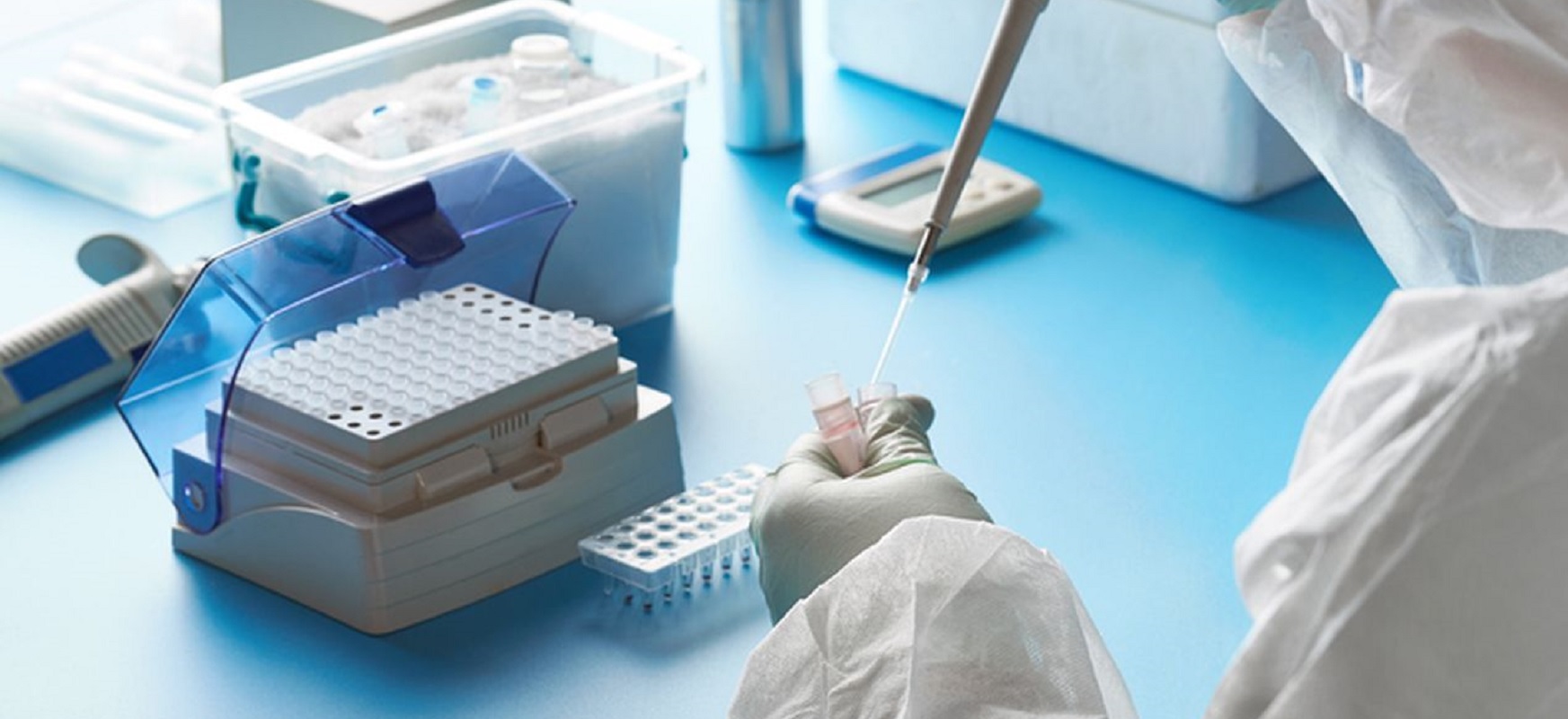They want to test all of Poland for coronavirus. The method of Polish scientists is efficient and cheap

Polish scientists have developed a procedure that, at least in theory, could allow all Poles to be tested for the presence of coronavirus . A key part of the procedure is collective testing rather than individual testing, which in turn allows for huge savings in time and money.
As part of the SONAR Anti-CoronaVirus project, researchers from the Institute of Experimental Biology of the Polish Academy of Sciences developed detailed procedures for group testing for coronavirus.
What is coronavirus group testing all about?
Rather than testing all individuals in turn, the tests are carried out on mixtures of samples taken from a group of individuals. If no virus is found in such a sample, we do not need to perform additional tests, the whole group is virus free. If the result is positive in the mixture, we test all people belonging to this group. This significantly reduces the number of tests performed.
The only problem may be figuring out how large groups to divide the test subjects into. It all depends on the assumed prevalence of the virus in the entire population. If there are a lot of infected, most of the mixtures will give a positive result, so you will have to test all participants in them anyway - in this case group studies do not make any sense. However, if the percentage of infected is small, group testing significantly reduces the cost and time needed to test the entire population.
SONAR Anti-CoronaVirus researchers found that if the population is more than 15 percent infected, pool-testing will not be of any benefit. If between 8 and 15 percent of the population are infected, test mixtures consisting of swabs taken from 4 people at a time. If there are less than 2 percent, mixtures can consist of 12 samples at a time. In this case, if the result of the test conducted on the mixture is negative, we save as much as 11 additional tests that would have to be performed if we tested all of them individually.
Only benefits
Researchers admit that even more accurate and efficient group testing algorithms exist, but they emphasized simplicity and laboratory constraints in designing their procedures.
It should also be remembered that if we mix a dozen samples, and only one of them has viruses, then the sample with the virus will be automatically diluted in the others. Hence, researchers had to check the sensitivity of PCR genetic tests to determine how many samples could be mixed together so that the virus could still be detected if it was present in only one sample. The test results showed that several samples can be mixed with each other, but several dozen cannot. If we had a mixture of 100 samples, the viruses from one infected sample would simply scatter over the remaining 99 so that the PCR test would not be able to detect them.
Scientists emphasize that in a population with less than 1 percent infected, using their procedures requires up to 10 times less testing than normal.
Will we be testing in Poland?
Decisions as to whether we will introduce such group testing must be made at the level of the minister of health and the Chief Sanitary Inspector. We submitted a report detailing the universal testing procedure to the Ministry of Health and the Ministry of Science and Higher Education. We are currently conducting talks with ministries - says prof. Agnieszka Dobrzyń from the Institute of Experimental Biology of the Polish Academy of Sciences.
Don't miss out on new texts. Follow Spider's Web on Google News .
They want to test all of Poland for coronavirus. The method of Polish scientists is efficient and cheap
Comments
Post a Comment